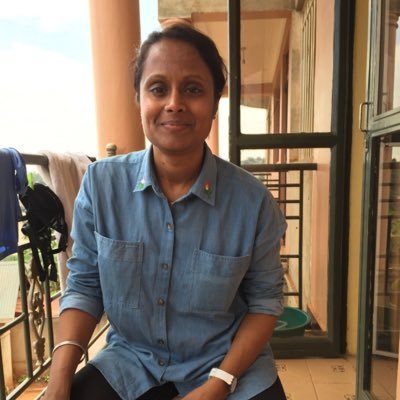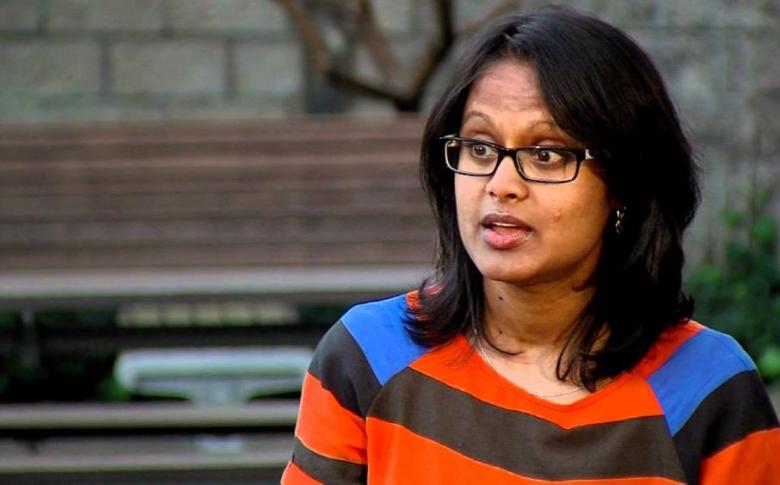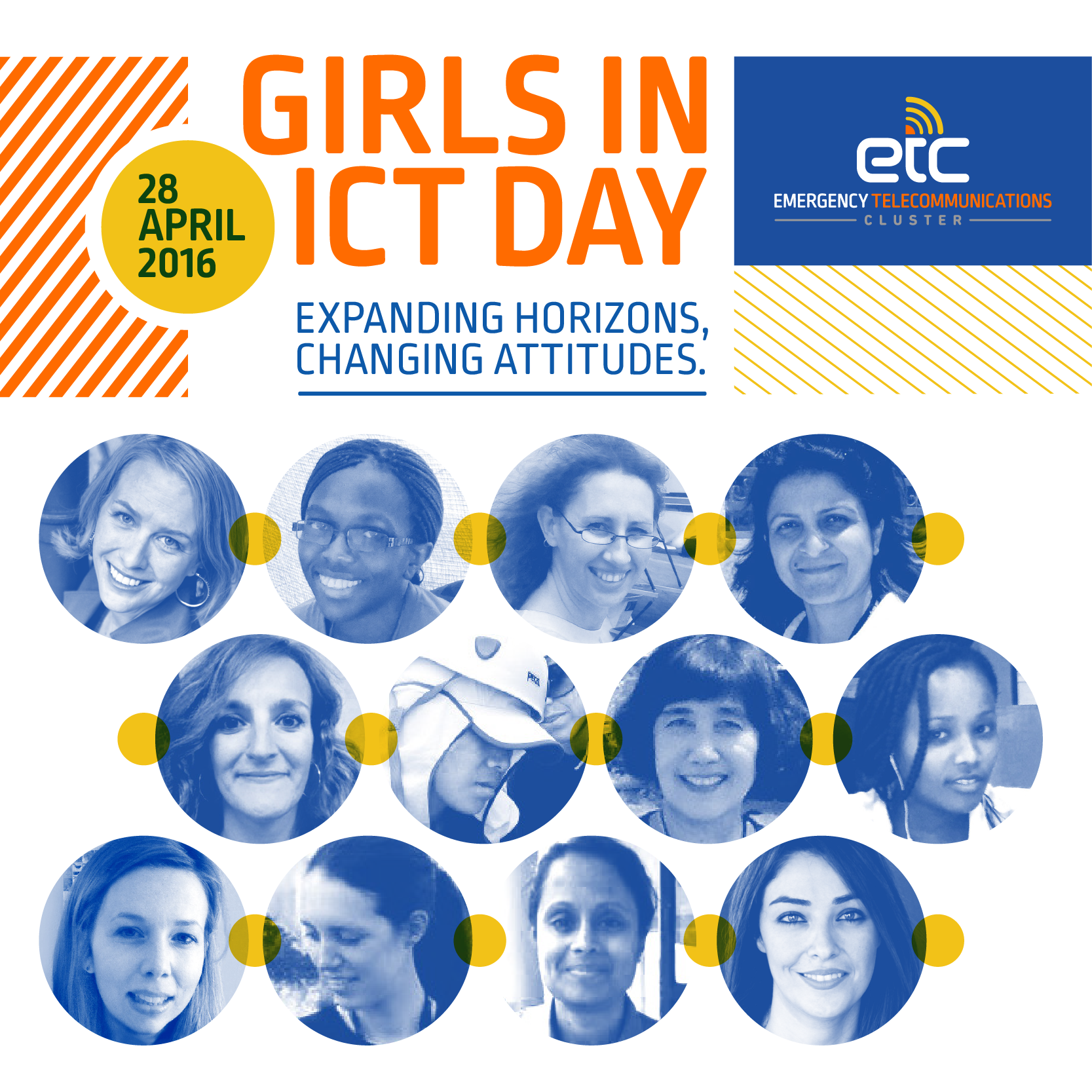
Salma Farouque - ICT Emergency Preparedness Consultant, WFP Fiji

"Be confident and stay true to yourself. Your skills and professionalism will get you far."
What is your current role?
Working on an ICT emergency preparedness project in the new WFP office currently based in Suva, Fiji. Our project is looking at ICT preparedness in Fiji, Samoa, Vanuatu, Tonga and the Solomon Islands. A lot is already going on in the region so a large component of our work is in coordination.
How did you come to work in ICT?
When I was in school I had a natural inclination towards maths and science which led to me studying electrical and electronic engineering in university. As I was going through my course I found myself particularly interested in telecommunications so I did work experience in a telecoms research centre which confirmed for me that I wanted it to pursue telecoms in my professional life. When I finished my degree I landed a job at Vodafone, one of the world’s largest mobile network operators, and it all started from there. It was through my work at Vodafone that I first had the opportunity to work for WFP. So far I have worked in East Africa, the Middle East and now the Pacific with WFP.
What do you like the most about working in ICT?
Technology is central to our lives today, and when done well technology can be transformative. This is what drives me in my chosen field. Of course, most jobs have their mundane aspects, but when you look past that, ICT is truly exciting.

What challenges do you face as a woman in ICT?
The same challenges that most people face in their everyday work - things such as technical hurdles, bureaucracy, differing opinions that are difficult to align. As a female more specifically, you can find yourself working in teams that are very male dominated and possibly quite “blokey” environments which may feel exclusive. My advice is to be confident and stay true to yourself. Your skills and professionalism will get you far.
What message do you have to encourage girls and young women considering careers in ICT?
A career in technology is full of potential – many technology jobs of the future we can’t even imagine now. A career in technology is challenging, varied, creative, you will meet interesting people, and it may take you to places you never imagined. Many women don’t consider engineering or science as a career option, often because career counselling in high school was lacking or they didn’t take the right subjects early enough to lead them to a career in technology. So, try to stay plugged in and keep your options opened so that you can jump into a technology career. Also, talking to people in the field will help you build a clearer picture of how you could bring your skills to a career in science and technology.
Salma Farouque
ICT Emergency Preparedness Consultant, World Food Programme (WFP)
Suva, Fiji

For International Girls in ICT Day 2016, the ETC celebrates women from across the network who ignore the stereotypes to not only pursue their passion in ICT, but to help the lives of others.
Through the stories and the words of these women, the ETC network supports the global Girls in ICT movement, encouraging girls and young women to pursue studies and careers in ICT.
Celebrated on the 4th Thursday in April every year, International Girls in ICT Day is an International Telecommunications Union (ITU) initiative backed by all ITU Member States, that aims to create a global environment that empowers and encourages girls and young women to consider careers in the growing field of information and communication technologies (ICTs).
